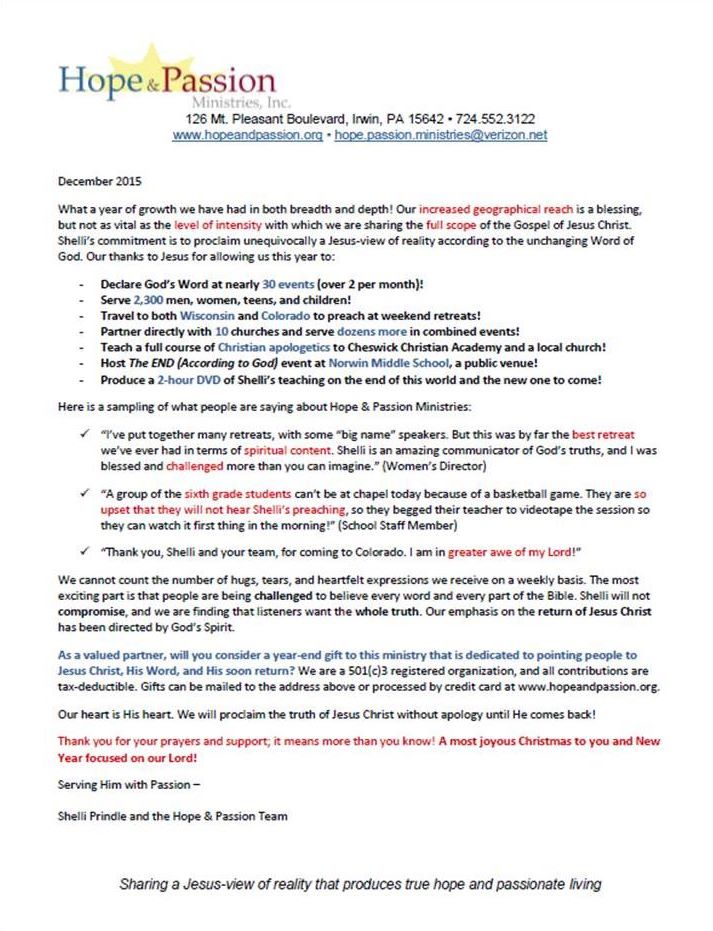The heart of the Gospel of Jesus Christ was blown to smithereens in just a few minutes one morning over the airwaves. Just as I turned on the radio, I heard a man of Jewish heritage explain the highlights of the Seder meal that his wife would prepare and his family enjoy during the Passover season. As a part of that description, he was asked by the radio show’s host what exactly was the meaning of the Passover. The gentleman explained that it was a remembrance of the Jewish people “dragging themselves” out of Egypt. Yes. He went on for a few moments letting all the listeners know that back in the days of Moses, God’s people were finally able through much effort, hard work, and persistence, to somehow drag themselves out of Egypt. In all fairness, I must add that after a few sentences about this great human effort, the Jewish man tacked on at the end a brief statement in a lighthearted voice, “Of course, God did help them.”
Wow. The Hebrew people were somehow able to pull themselves up by the bootstraps and manage to limp out of Egypt by their own hard work, though they were so completely bedraggled? I think not! The book of Exodus (part of the Jewish scriptures and, of course, part of the Christian Bible) tells us the reality of the Hebrews’ desperate situation in chapter 2, verses 23-25, “During those many days the king of Egypt died, and the people of Israel groaned because of their slavery and cried out for help. Their cry for rescue from slavery came up to God. And God heard their groaning, and God remembered his covenant with Abraham, with Isaac, and with Jacob. God saw the people of Israel – and God knew.”
Clearly, the Hebrews were downtrodden beyond belief, and they needed rescued by God. This was not a work of human effort. Their miraculous deliverance would be the direct result of God’s keeping His Word. He would keep His covenant that was originally made to Abraham and passed down through the generations. The exodus of God’s people was all the result of Him keeping His promise, and not vice versa. For we, even as His people today, continue to fail Him. It is as the Apostle Paul proclaims in 2 Timothy 2:13 (ESV), “If we are faithless, he remains faithful – for he cannot deny himself.”
In fact, Exodus 6:6-9 (ESV) really gets to the heart of the matter by letting us know how helpless God’s people were, how mighty God’s salvation is, how lame the enemy is compared to the Savior, and how lacking in faith and hope the Hebrews remained even on the precipice of deliverance. We read God’s Word spoken to Moses, “Say therefore to the people of Israel, ‘I am the LORD, and I will bring you out from under the burdens of the Egyptians, and I will deliver you from slavery to them, and I will redeem you with an outstretched arm and with great acts of judgment. I will take you to be my people, and I will be your God, and you shall know that I am the LORD your God, who has brought you out from under the burdens of the Egyptians. I will bring you into the land that I swore to give to Abraham, to Isaac, and to Jacob. I will give it to you for a possession. I am the LORD.’ Moses spoke thus to the people of Israel, but they did not listen to Moses, because of their broken spirit and harsh slavery.” This passage of the Bible makes it abundantly clear that the work of the exodus was all of God. In fact, the Lord tells His people that they would know it was Him who brought them out, because the work would be so miraculous. Despite the reiteration of God’s promise, the people still did not listen. This was definitely not a group of people who were pulling themselves up by the bootstraps and dragging themselves out of a bad situation; rather, this was a nation that was about to be thrown out of Egypt after a series of supernatural interventions by the Lord!
When we think of the plagues – the blood, the frogs, the gnats, the flies, the death of livestock, the boils, the hail, the locusts, the darkness, and the death of the firstborn – how can we imagine that the exodus was the result of human endeavor with a little bit of God’s help? The only thing we see in this historical account is the incomprehensible work of a God who never fails to keep His promises. The Israelites could in no way cause any of the plagues of judgment; it was all a work of the Lord.
The most disturbing part of what happened over the airwaves the day this gentleman talked with the radio host is how the reality of the Gospel was distorted by this discussion from the Old Testament. Not only was the truth of the book of Exodus not brought to light accurately, but the message of Jesus Christ as Savior was greatly harmed. You see, the New Testament is built upon the Old Testament. Jesus Christ did not come to destroy the law (of the Old Testament), but to fulfill it. (Matthew 5:17) Jesus made clear that the Bible’s purpose is to point people to Him for eternal life. He said to the Jews in John 5:39 (ESV), “You search the Scriptures because you think that in them you have eternal life; and it is they that bear witness about me.” The historical account of the exodus, therefore, points to Jesus Christ! It is a beautiful picture of how God saves us. Remember that Ephesians 2:8-9 (ESV) declares, “For by grace you have been saved through faith. And this is not your own doing; it is the gift of God, not a result of works, so that no one may boast.” The Israelites in Moses’ day had no reason to brag about their own efforts in the exodus. In the same way, Christians today have no reason to boast about our salvation; it is all God’s work!
When God sent the tenth plague, the death of the firstborn, after wearing the Egyptians down with the other nine, it was a picture of the necessity of the blood of Jesus Christ to forgive our sins. The only way that Hebrew people could be spared death during this plague was to put the blood of a lamb without blemish over the doorposts of their homes. (Exodus 12:1-13) In the same way, we are saved today by applying the blood of Jesus Christ, the sinless One, to our hearts. (1 Peter 1:18-19) In all this narrative and theology, we notice that God is the one bringing deliverance through judgment of Egypt by plagues and that He is the one prescribing the only hope His people have for surviving that judgment.
The final plague struck the heart of Pharaoh and his nation, provoking him to throw the Hebrews out of His country. Exodus 12:30-32 (ESV) explains, “And Pharaoh rose up in the night, he and all his servants and all the Egyptians. And there was a great cry in Egypt, for there was not a house where someone was not dead. Then he summoned Moses and Aaron by night and said, ‘Up, go out from among my people, both you and the people of Israel; and go, serve the LORD, as you have said. Take your flocks and your herds, as you have said, and be gone, and bless me also!’” There you have it. Pharaoh effectively threw out the Hebrews from his land. Why? Because the Lord sent plagues, culminating in the last one that put Pharaoh over the edge. God’s people could not initiate nor carry out their deliverance – except for their calling out to God. The same is true today. The only part we play in our salvation is calling out to God to save us.
The damage done on the radio by a person who was referring to the Bible – but inaccurately so – is devastating. In deemphasizing the work of the Lord and pointing rather to the work of humans, one man gave the impression that human achievement is what saves us. “Every word of God proves true” (Proverbs 30:5, ESV), so we must take into account every detail of every part of the Bible. When any portion is distorted or misrepresented, untold spiritual damage occurs. I am sure that the devil was pleased with this particular instance of the work of Jesus Christ being minimized. The devil cannot create anything of his own, and so he works ardently to pervert what God has already said. This has been the devil’s method of operation from the beginning. He is the “father of lies” (John 8:44), and he is at work all of the time trying to twist God’s Word so that people will not be saved.
Be aware. Be watchful. (1 Peter 5:8) Know God’s Word for yourself. Do not let anyone misdirect your understanding of God’s truth. My experience with an “innocent” radio program is a grand example. The enemy is always at work to distort the message of God’s salvation. There is nothing more important than your eternal life, and there is no other source for understanding the salvation that Jesus Christ provides other than the Bible – exactly as it is written.






